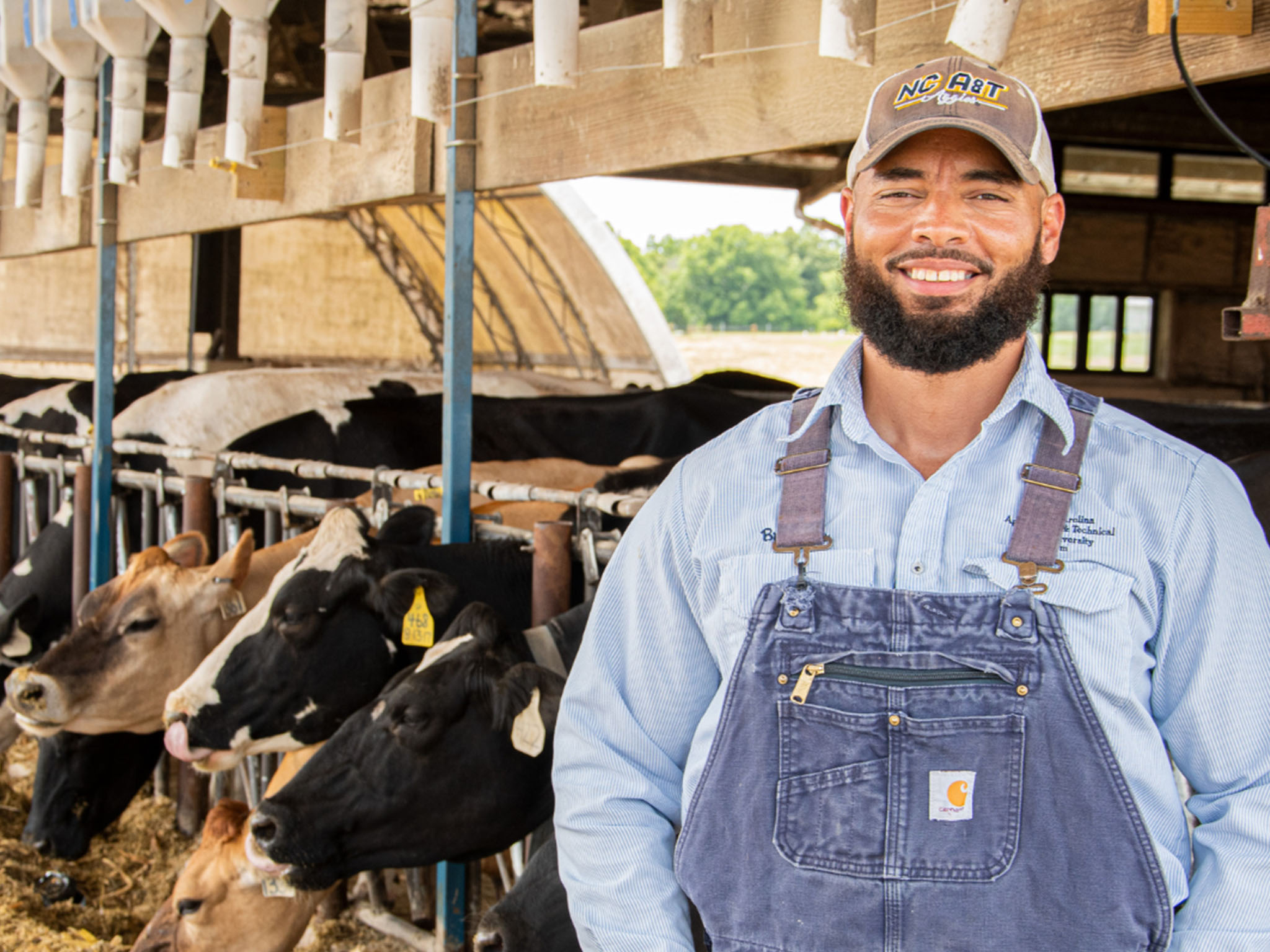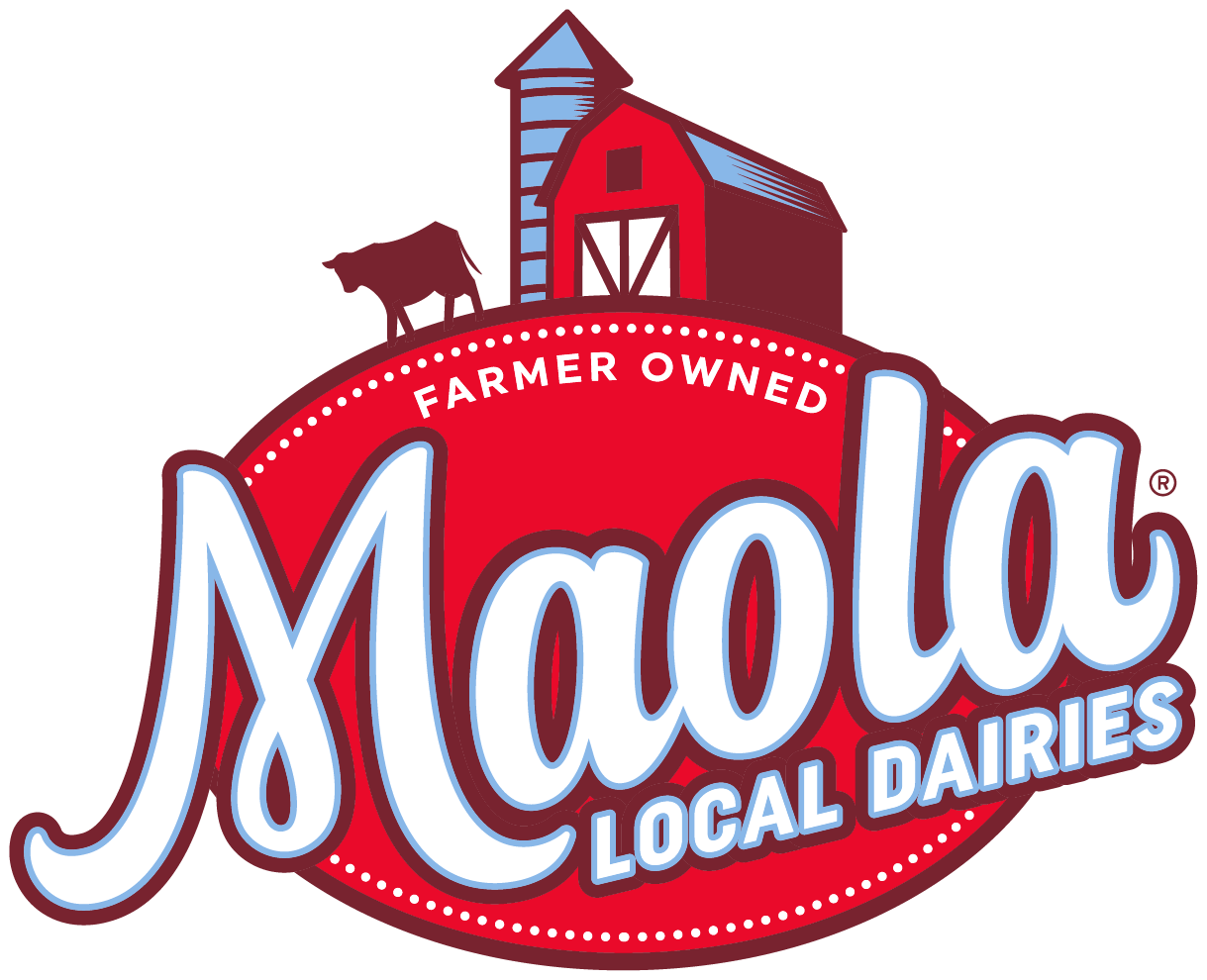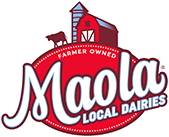
Sustainability Spotlight
Welcome to North Carolina A&T: How One School Is Taking the Lead on Producing the Next Generation of Black Farmers
The future of farming is nestled at a local Historically Black University (HBCU) in Greensboro, North Carolina. For 131 years, North Carolina Agricultural and Technical State University (N.C. A&T) has enriched aspiring agricultural students through a hands-on learning experience in the College of Agricultural and Environmental Sciences. Spanning more than 492 acres, the working farm and research center produces year-round for its community, including Maola milk.
Proud producers of Maola milk since 2006, N.C. A&T’s dairy farm not only gives students hands-on experience in producing milk for their local communities, but this unique campus farm also uses research to test innovative cropping methods and to find new ways to improve productivity for the wider farming community of North Carolina. Taking their learning beyond the classroom, these students are positively impacting change for farmers to come. Protecting the land for future farmers is a top priority. The department conducts on-site research to enhance natural resource conservation and sustainable agriculture. As students move through the program, they are encouraged to seek agricultural opportunities post-graduation, often opting to go right into the industry or to veterinarian school to continue their studies.
With more than 84% Black students, the university understands the disparities in the United States agricultural industry. Once a popular trade for African Americans in the South after emancipation, Black farmers have dwindled, now representing only 1% of all farmers in the United States. The N.C. A&T program is designed to show the next generation what opportunities lie in the agricultural industry, and how their presence alone is making an impact. Talking about his students, dairy unit coordinator Corey Burgess says, “My student employees are only here for four years at a time. They move on from here to grad schools, vet schools, industry work – even teaching– but our program gives the kids a chance to be exposed to dairy, something they may not otherwise get a chance to do in life.”
When asked about the challenges Black farmers face, Leon Moses, former farm superintendent at N.C. A&T, describes it as a matter of resources. “It’s not as simple for people of color to go into a bank or a loaning facility and get funding to start a farm from scratch,” Moses said. Today, there are more opportunities available for aspiring farmers, making preparation a top priority for instructors. “Teaching students how to navigate farm ownership leaves them feeling empowered with a deeper understanding of professional agriculture,” said Burgess, the current dairy unit coordinator. “But the future of diversity in agriculture is not just about training, it’s about helping our students gain equitable access to new opportunities.”
Despite the hurdles students that North Carolina Agricultural and Technical State University and other HBCUs may have to overcome, there is optimism for the future. Plans of installing milking technology for easier production, building a community food center, and launching an ice cream brand named after their beloved campus mascot, the Aggie, is keeping the school’s agriculture students more inspired than ever. We are proud to say these are the future faces of farming, and they are a part of our local farmer family here at Maola.

